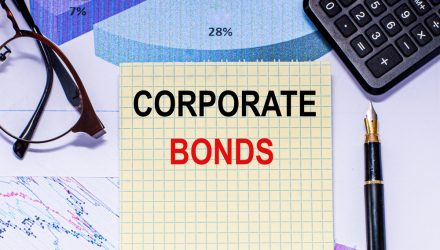Global investment firms were certainly the beneficiaries of fixed income trading during the second quarter with banks like JP Morgan and Citi recording record profits in their bond trading operations. When it comes to trading in debt like corporate bonds, there’s one thing traders value—good execution.
“Traders want the best price — but they also want their trades to execute,” a Markets Media report noted.
“The necessity of each came into focus in 2020, with credit markets episodically turbulent and traders working from home amid COVID-19,” the report added. “Given the extraordinary uncertainty and volatility, the need to trade larger and more specific risk profiles has gone up, particularly for clients who are benchmarked and face a significantly higher risk of tracking error. In this environment, corporate bond traders who need to add or reduce risk are more inclined to concede a basis point or two of a trade, if it increases their certainty that either the risk can be transferred, or a more precise risk profile can be moved.”
One way for retail investors to get proper execution via high liquidity is with heavily traded exchange-traded funds (ETFs). ETFs eliminate the need for trading individual bonds, which can help with liquidity and execution.
Getting Core Bond Exposure
ETF investors looking for core bond exposure can look to the iShares Core U.S. Aggregate Bond ETF (NYSEArca: AGG), which has been the go-to fund for investors.
Fund facts:
- AGG seeks to track the investment results of the Bloomberg Barclays U.S. Aggregate Bond Index.
- The index measures the performance of the total U.S. investment-grade bond market.
- The fund generally invests at least 90% of its net assets in component securities of its underlying index and in investments that have economic characteristics that are substantially identical to the economic characteristics of the component securities of its underlying index.
Reasons to use AGG:
- Broad exposure to U.S. investment-grade bonds
- A low-cost easy way to diversify a portfolio using fixed income
- Use at the core of your portfolio to seek stability and pursue income
An Additional Corporate Bond Alternative
Another ETF to consider is the Goldman Sachs Access Investment Grade Corporate Bond ETF (GIGB). GIGB seeks to provide investment results that closely correspond to the performance of the FTSE Goldman Sachs Investment Grade Corporate Bond Index.
The fund seeks to achieve its investment objective by investing at least 80% of its assets (exclusive of collateral held from securities lending) in securities included in its underlying index. The index is a rules-based index that is designed to measure the performance of investment grade, corporate bonds denominated in U.S. dollars that meet certain liquidity and fundamental screening criteria.
For more market trends, visit ETF Trends.









